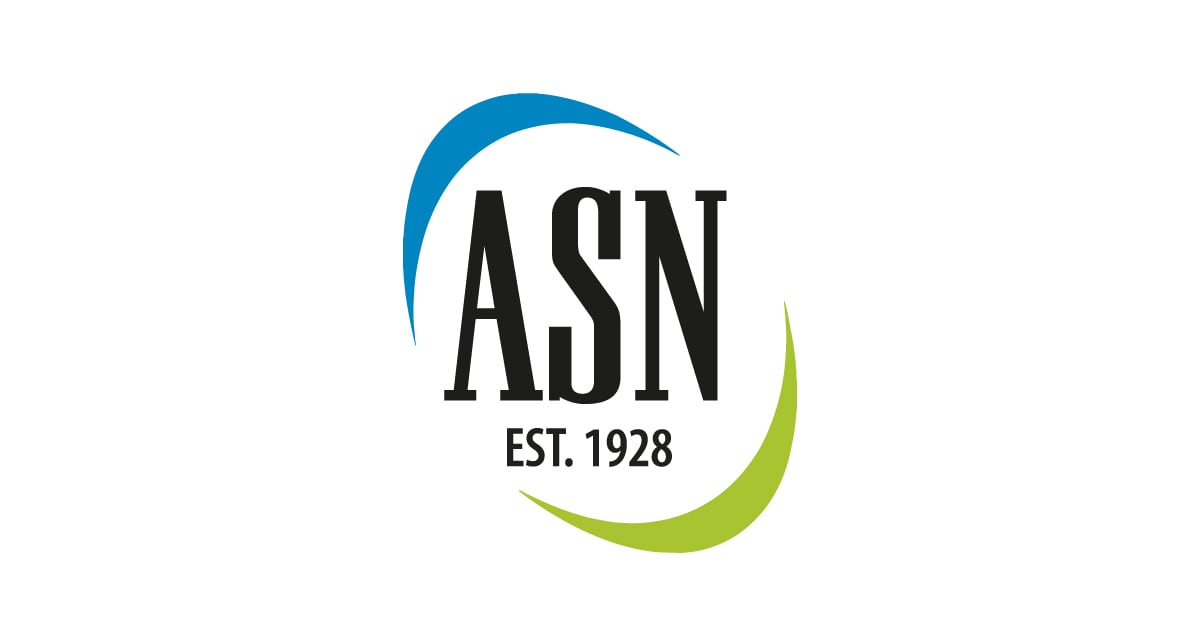By Brett Loman
Carbs increase belly fat. Gluten-free diets cure cancer. Artificial sweeteners cause diabetes. It seems like the more we hear about nutrition, the less we actually “know.” Facts and data give way to beliefs and assumptions. In the hands of the media and laypeople even solid research is boiled down to broad sweeping generalizations about marvelous miracles and perilous poisons. Since my last blog post(1) I’ve been contemplating this dilemma and paused on a thought – can we blame them?
There are three key players at work here: scientists, media, and laypeople. As I discussed last time, scientists are sensationalizing their work under the stress of the current scientific machine. As a result, scientists relay eye-catching yet complicated messages to the media. Members of the media generally aren’t scientists. Plus, to receive newly published studies requires a subscription or email request. Just like any other industry, the media’s ultimate goal is to make a profit. To make this profit they need to sell advertising and to sell advertising they need to capture viewers/listeners/web surfers (the laypeople).
This throws a wrench into things. Detailed data turns into 25 seconds of broad reaching conclusions spoken over images of test tubes and lab coats.
Audiences everywhere hear “drinking more coffee could prevent diabetes, a new Harvard study reveals.” Joe Schmo, who has limited scientific interpretation skills, type I diabetes, and no healthy dose of skepticism, runs out for a Frappuccino. We’ve not accomplished the goal.
So who is to blame, and what can we do to fix it? As scientists, we need to take ownership of our work and ensure that we deliver our findings to the public in a way that is both responsible and comprehensible. To take it a step further, scientists need to become a bigger part of the mechanism by interacting with the media. Public service announcements and PBS specials aren’t going to cut it. We need charismatic scientists who are committed to expressing complex scientific information in an interesting and accessible way. However, this isn’t traditionally part of our training. This will take some work to acquire a new skill set, but the payoff will be instrumental to society.
As a population, we need to make sure that scientific reasoning is a skill that is stressed in our schools prior to higher education and that information is made publicly available. Science is not a body of static facts as it is presented to children today, but a fluid system of critical thinking that asks you to sort through good and bad information and decide the facts for yourself. A good discussion and suggestions for accomplishing this feat can be found at Science Direct.
We all share the blame, but there are definite steps that we can make to repair the system. It may take a little ingenuity, but I have the confidence that we can adapt. What do you think?



